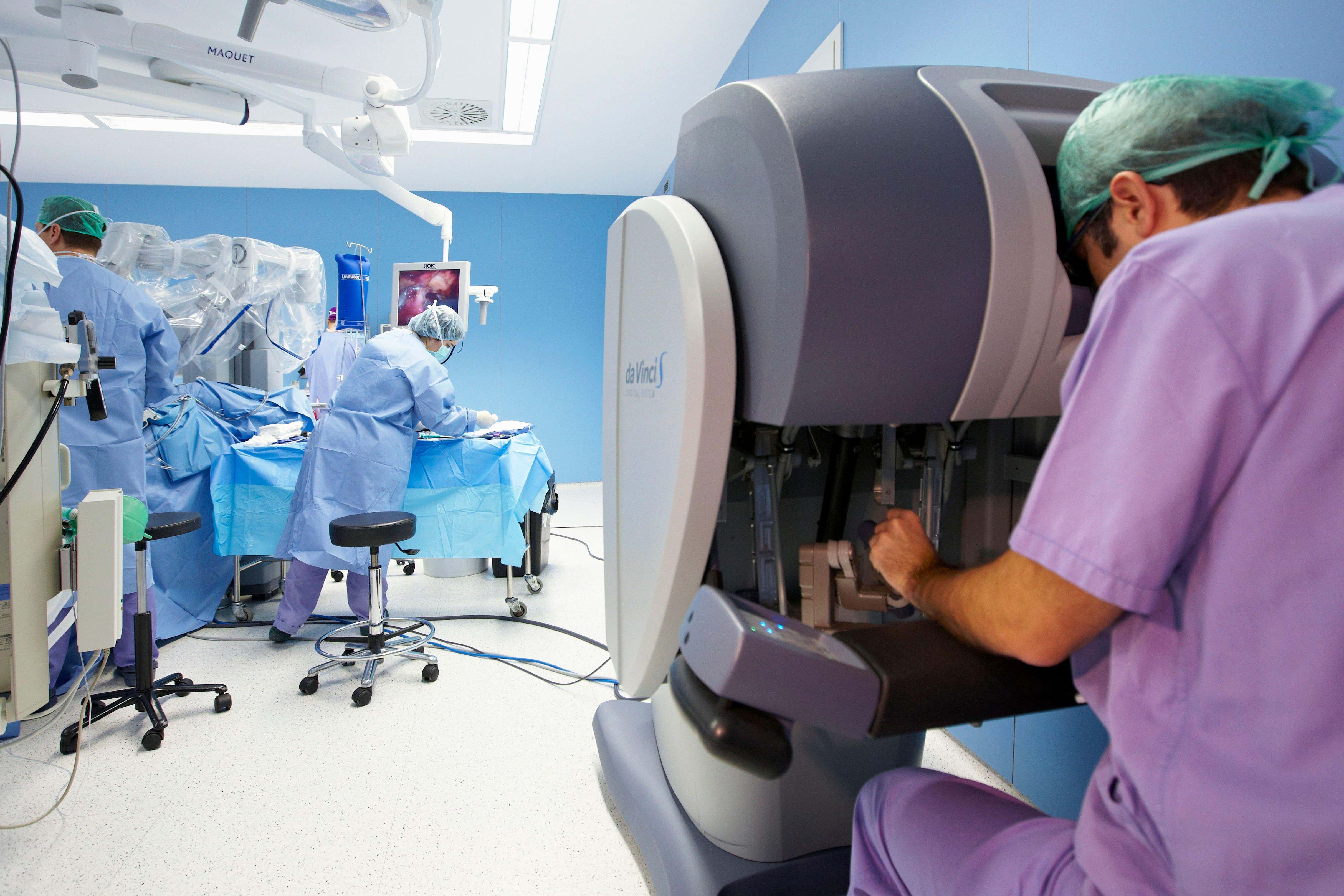A new report has revealed that cancer patients across the UK are experiencing "dangerous" delays in their care due to widespread staff shortages.
The Royal College of Radiologists (RCR) has warned that these gaps in the cancer workforce are putting patient safety at risk.
Despite some increases in staffing, the college asserts that these are not keeping pace with the growing demand from patients.
The RCR has called on the government to take immediate action to address what it describes as a "ticking time bomb" for cancer patients.
According to the RCR, pledges to reduce cancer waiting lists are unattainable without an increase in staff.
Their reports on oncology and radiology staffing shortages highlight that these issues are creating a "postcode lottery" for patients, with smaller cancer centres more likely to report concerns over workforce shortages.
The report on oncologists, or cancer doctors, indicates that 70 per cent of heads of service at cancer centres are worried about the impact of workforce shortages on patient safety. Furthermore, 23 per cent reported that they were unable to hire additional staff due to recruitment freezes.

One consultant clinical oncologist told the RCR: “Safe delivery of cancer treatment is becoming increasingly impossible.”
Another said: “Our waiting times for breast radiotherapy are now the worst I have ever known in 20 years. Patients are waiting over four weeks to be seen … and then another eight weeks to start radiotherapy.”
Meanwhile, the report on radiologists – the specialists who use clinical images to diagnose, treat and manage medical conditions and diseases, including cancer – highlights how the radiology workforce grew by 4.7% in 2024, but demand for CT and MRI imaging grew by 8%.
One consultant radiologist said: “Patients are waiting longer than they should … and we have had several delayed cancer diagnoses as a result.”
The RCR has predicted that by 2029 there will be a 39% shortfall in the number of radiologists in the UK, and there will be a 19% shortfall in oncologists.
The college said workforce pressures are also forcing staff to take early retirement – the average age of radiologists leaving the NHS workforce is now just 50 years old, down from 55 in 2020, and the average age a consultant clinical oncologist leaves is now 54, from 59 in 2022.
Dr Katharine Halliday, president of the Royal College of Radiologists, said: “Patients are being failed by a chronic lack of radiologists and oncologists.
“Despite the best efforts of NHS staff, there aren’t enough doctors to ensure prompt, safe and effective care – and the outlook is bleak.
“We are doing all we can to boost productivity, but there’s a limit to how far we can go. The reality is we simply don’t have enough staff.
“Any credible plan to cut waiting lists relies on having the headcount to meet the demand we face today, let alone tomorrow.
“The longer we delay action, the worse it gets. The government must train up more radiologists and oncologists to defuse this ticking time bomb for cancer diagnosis and treatment.”

Commenting on the report, Genevieve Edwards, chief executive of Bowel Cancer UK, said: “(Bowel cancer) is treatable and curable if diagnosed early, but too many patients are facing long delays to start their treatment after going to their GP with symptoms.
“These delays may lead to the cancer spreading, making it harder to treat successfully.
“To fix this problem we must address the longstanding shortage of staff and equipment to deliver diagnostic and treatment services and meet the growing demand.”
Chiara De Biase, from Prostate Cancer UK, added: “These latest findings are extremely concerning. Prostate Cancer UK would urge the Government to look at the RCR’s recommendations to ensure the workforce required to diagnose and treat the most common cancer in England are in post, trained and supported to execute their roles to best of their abilities.”
Claire Rowney, chief executive at Breast Cancer Now, added: “The worrying reality right now is that staff shortages continue to deny far too many people with breast cancer a timely diagnosis and quick access to potentially lifesaving treatments that they should be able to count on.
“Instead, they’re facing long, anxious waits for this care.
“We recognise the intense challenges facing the health service, and the tireless efforts of its hard-working staff.
“However, this situation has to be addressed and the Government’s upcoming national cancer plan for England offers a vital opportunity to bring about this much-needed change.”
A Department of Health and Social Care spokesperson said: “This Government inherited a broken NHS where too many cancer patients are waiting too long for treatment. But through our Plan for Change, we are determined to tackle delays, diagnose cancer earlier and treat it faster.
“We are delivering 40,000 more appointments every week, investing £1.5 billion in both new surgical hubs and AI scanners, rolling out cutting-edge radiotherapy machines to every region in the country, and backing our radiologists and oncologists with above-inflation pay rises for the second year in a row.
“Later this year we will also publish a refreshed workforce plan to ensure the NHS has the right people in the right places to deliver the care patients need.”
Patients being ‘failed’ by cancer workforce shortages – report
ADHD diagnoses haven’t increased ‘that much’ despite more seeking an assessment
Swinney urges Hamilton voters to reject ‘gutter politics’ of Reform
As the war drums beat, Nato’s leaders have one big problem







